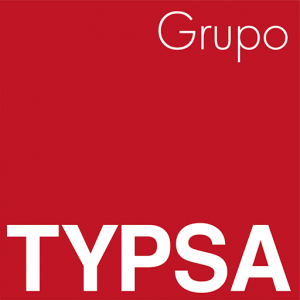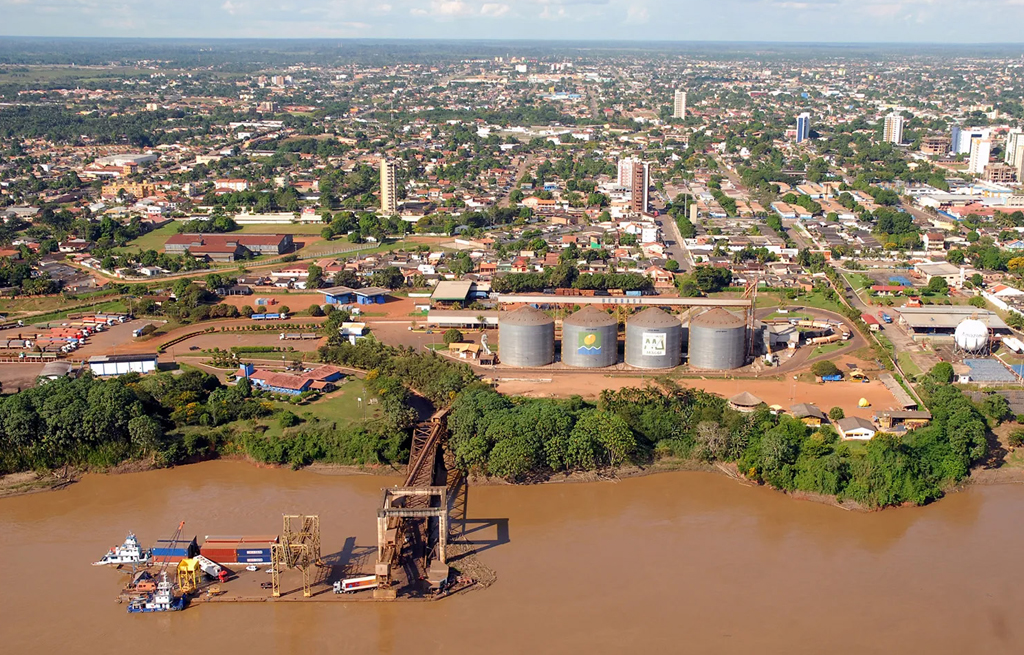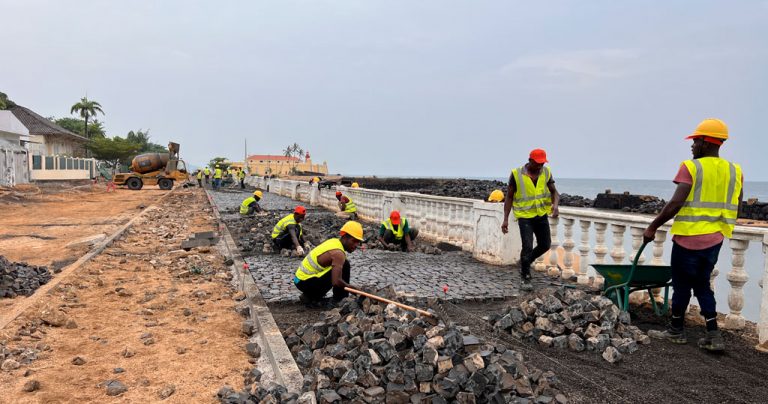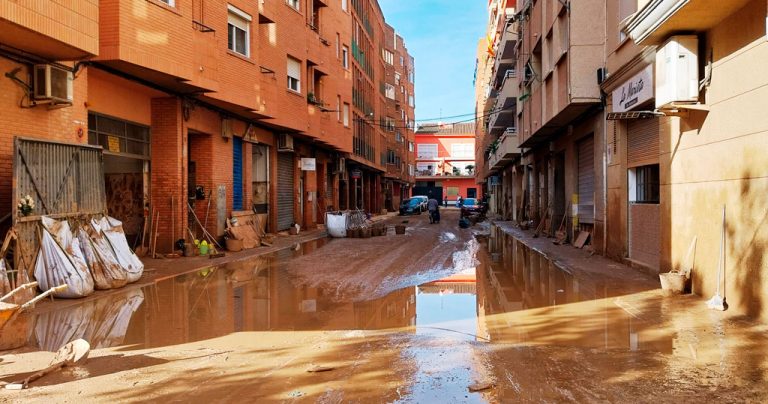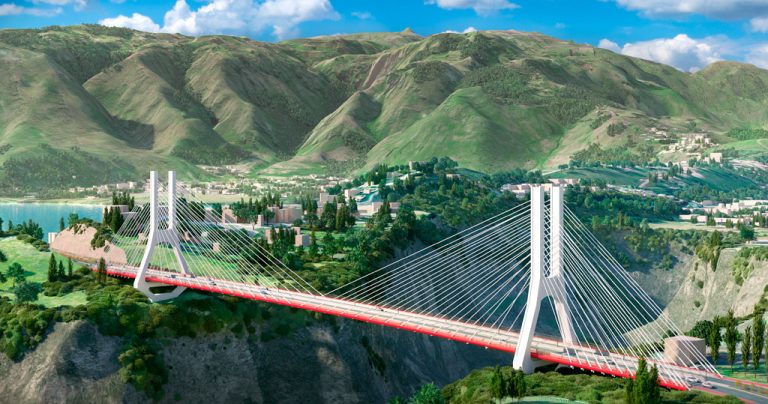Following the initiative of the National Bank for Economic and Social Development (BNDES), ENGECORPS is carrying out work aimed at structuring decision-making in the privatisation processes for the provision of water supply and sanitation services in 48 municipalities in the state of Rondônia.
The main objective of this work is to lay out and assess the necessary interventions to offer water supply and sanitation services to the entire population, in accordance with the guidelines of the new Legal Framework for Sanitation (Federal Law No. 14.026/2020), which establishes goals to be achieved by the year 2033, namely, to ensure water supply to 99% of the population and to extend sanitary sewerage to 90% of the population, with treatment of 100% of the wastewater collected. Based on these solutions, a viable business model is presented for implementation through partnerships with the private sector.
For the development of the contracted services, ENGECORPS set up a joint venture with CERES Inteligência Financeira Ltda. and Machado Meyer Advogados to incorporate the economic-financial and legal areas to the scope of works, which are divided into two phases and subdivided into four stages. The first phase consists of an inventory and diagnosis of the current situation, as well as the 40-year forecast of the situation (2022-2062) aiming at the universalisation of the sanitation services to be provided. The second phase focuses on the development of the final business model as well as preparing the documentation for bids and auctions, aiming at attracting investors.
ENGECORPS is responsible for the development of the initial studies and diagnostics, the preliminary engineering design, and the collection of the initial data for the development of the Regional Basic Sanitation Plans, in addition to coordinating and integrating the contributions of the other participants in the project.
The studies included in the first phase have already been completed, including the technical-operational and socio-environmental diagnosis, the preliminary engineering project, the economic-financial analysis, and the definition of the business model. The second phase, which includes the preparation of the final model of the Regional Basic Sanitation Plan, the bidding documents, and the preparation of the bids, will begin shortly.
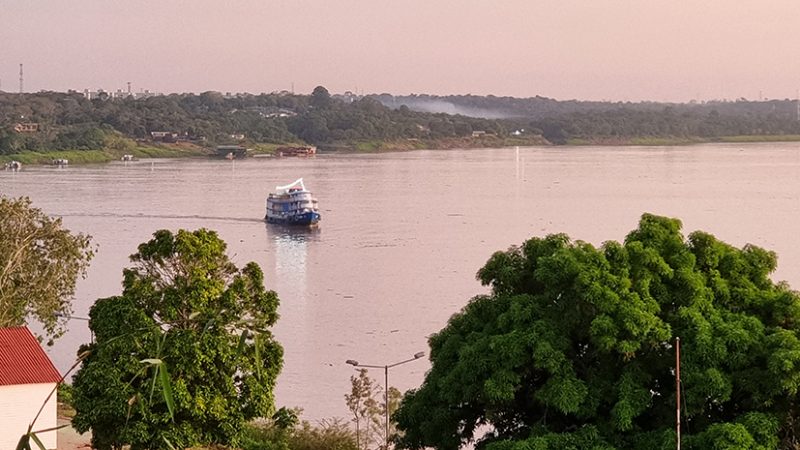
The current situation of sanitation services in the state of Rondônia is presented in the following data, which give an idea of the relevance of the work to be carried out:
- The total population involved in the project is approximately 1.5 million inhabitants in 2022, at the beginning of the planning time-line. At the end of the plan, in 2062, it is expected to reach 1.8 million, which corresponds to a vegetative growth of approximately 15.9%.
- All municipalities already have a water supply system implemented in urban centres; whereas services are provided by the Rondônia State Water and Sewerage Company (CAERD) in 37 of them, and in 11 municipalities services are provided by private stakeholders.
- The average coverage rate of drinking water supply service is 56.2%, while the average coverage of collective solutions is 36.2%.
- As for sanitary sewerage systems, only 11 municipalities have implemented these systems, which corresponds to an average coverage rate of 27.2%, while the average urban service rate for collective solutions is 19.6%. The average treatment rate is 87.4% of the wastewater collected.
Another negative aspect observed in the region covered by the project is the high percentage of water losses, which averages 51.2% of the total water conveyed, with the capital, Porto Velho, standing out with a loss rate of 76.1%, the highest value observed.
Another peculiarity of the project is the geographical distribution of the municipalities within the state, since Rondônia has a large territorial area, with municipalities located very far away from the capital Porto Velho, in the north of the state, which makes mobility and integration difficult. The state also has 23 indigenous territories, 19 of which are inserted in the territory, distributed in 23 municipalities.
At the feasibility stage, all the interventions required to adapt and expand the services provided in the 48 municipalities were sized and valued, resulting in a total investment required, over the planning time-frame, of around BRL 1.7 billion for the water supply systems and BRL 5.1 billion for the sewage systems. Once the project is completed and implemented, a viable business model will be established to ensure the provision of water supply and sanitation services to all the population. This will ensure the quality of the service provision and the minimisation of pollution of natural resources, soil and water, as well as the reduction of the spread of disease such as malaria and diarrhea.

